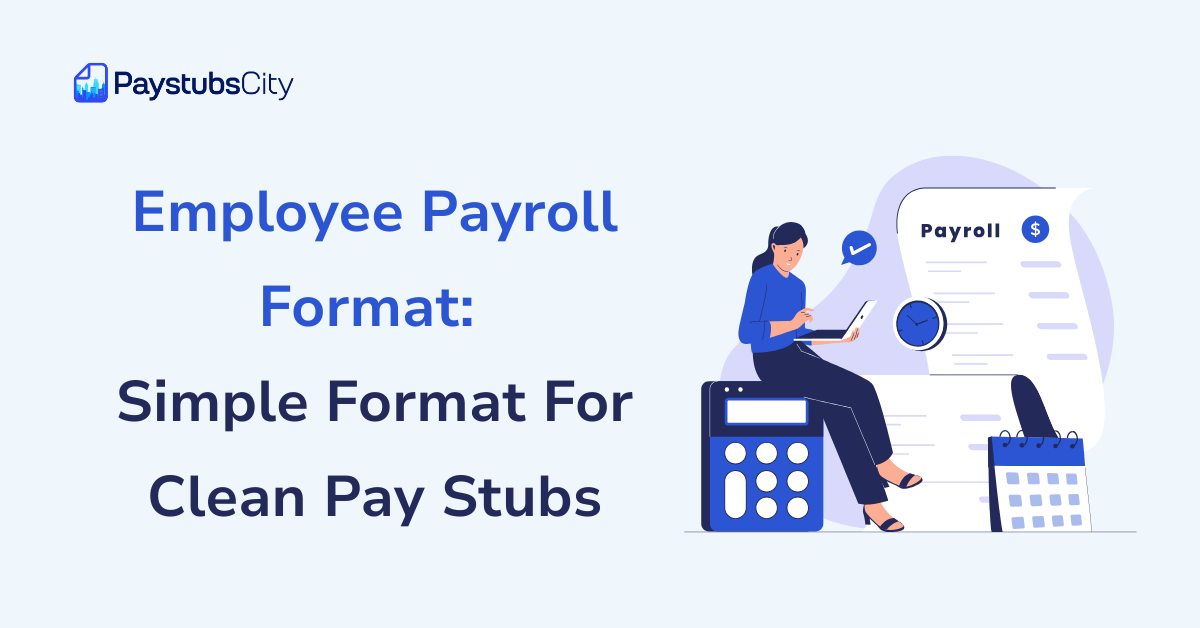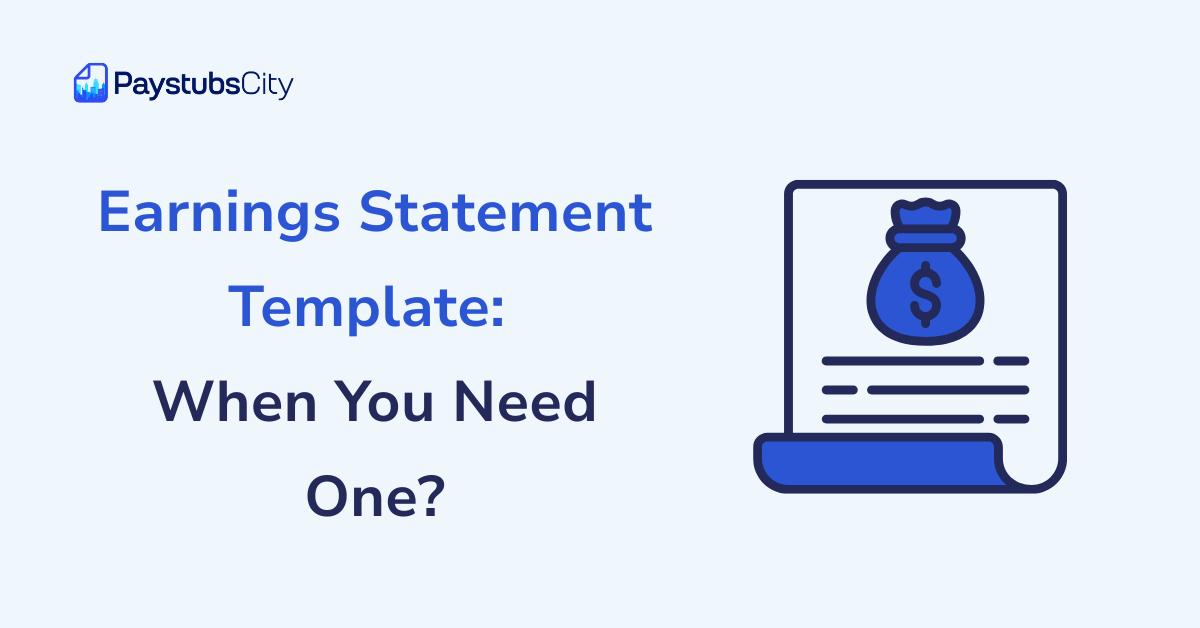Starting a new job often comes with a flurry of excitement and questions. One of the first things you’ll likely encounter is a hiring document—typically either an offer letter or an employment contract. At a glance, these documents might appear similar, but they serve very different purposes. Understanding what sets them apart is crucial for protecting your rights, negotiating effectively, and, ultimately, maximizing your annual income.
An offer letter will usually state the overall terms of employment: position, compensation, and start date. It’s a less official document meant to confirm your hire status and help with the start of onboarding. An employment contract does much more. It’s legally enforceable and stipulates not only your compensation but also your responsibilities, rights, and terms of termination, among other essentials.
In today’s competitive workforce, knowledge is power. Knowing which document you’ve received—and what it contains—can guide you to discover negotiation areas, as well as prevent future miscommunication. For example, a job offer might provide a $70,000 salary, but only a contract can specify bonus plans, probationary periods, or termination conditions.
In this article, we will simplify the aspects of such documents, explore the pros and cons, and highlight solutions to monitor income and help with financial planning.
What is an Offer Letter?

An offer letter can be the first formal notification you receive from a potential employer after a successful job interview. It’s typically a short, concise letter informing you of your appointment and specifying the key aspects of your new role. While not necessarily legally binding, it becomes a reference point for the employer and employee both. It typically states your job title, salary, reporting date, work schedule, employer-paid benefits, etc.
Employers use offer letters to expedite the recruitment process and get highly qualified candidates in due time. Because they’re brief, offer letters are easy to draft and receive less legal scrutiny compared to employment contracts. They suit best for at-will employment arrangements or employment with regular terms.
But brevity in offer letters also implies they are inclined to omit important information on bonuses, stock options, non-competes, or severance packages. Misconceptions or lost opportunities may arise if you fail to seek follow-up questions for clarification.
For employees, an offer letter might be a great initial lead on work conditions—but nothing more. It’s worthwhile to ask for more detailed documentation or clarification, especially if your employment is variable pay, long-term contract, or high responsibility. Verbal assurances expressed at interview times need to be put in writing too.
In sectors such as tech or healthcare, offer letters are usually followed by even more comprehensive agreements. For the majority of applicants, though, the offer letter is all they will ever have. That is why it makes sense to read thoroughly, compare it to industry standards, and consult with experts if anything seems unclear or incomplete.
What is an Employment Contract?
An employment contract is a written, legally binding document that you and your employer sign outlining the whole of your terms of employment. It’s unlike an offer letter, which provides an overview. An employment contract gets down to the brass tacks—determining roles, responsibilities, compensation structure, benefits, work environment, and termination procedures. It is a protection framework for both parties, where expectations are spelled out explicitly and legally binding.
These are typically used in more responsible jobs, term-of-year contracts, or sensitive intellectual property. They are typically more common in executive roles, specialist professions, or industries with job roles having legal or financial risk. The contract will generally include such clauses as the probation period, term of employment, notice period, and non-compete or confidentiality clauses.
One of the biggest benefits to employees is job security. Since the contract controls under what circumstances and why an employee may be let go, employers cannot fire an employee without cause—especially in regions where labor law provides a high degree of protection. For employers, contracts avoid turnover and ensure conformity to industry standards.
A work contract can also state bonuses, commissions, overtime policies, and raise rates-things that can have an enormous effect on your annual income. In others, the agreement will even go so far as to say how disputes are resolved or if arbitration must be resorted to before trial.
Employment contracts provide security and protection but limit flexibility. You may be punished for ending the agreement too early or barred from future work for competitors. It is highly recommended that any employment contract be reviewed by an HR or legal professional before signing.
Key Differences Between Offer Letters and Employment Contracts
At first glance, an offer letter and an employment contract look like two names for the same thing – but they play very different roles. Understanding the distinctions between them is important, since each has a direct impact on your compensation, job security, and legal status in an organization.
1. Legal Binding Nature:
Offer letters are usually non-binding agreements that serve as initial agreement between employer and employee. They are simple to revoke or modify and usually fall under at-will employment policies. Employment contracts, however, are legally binding and can be enforced. Breaking a contract – on either side – can lead to legal consequences, especially in the presence of notice periods, confidentiality, or non-compete terms.
2. Depth of Detail
An offer letter provides you with the “what” of your job – how much you’ll be paid, what your job title will be, and when you’ll begin. It’s a simple overview. An employment contract, on the other hand, gives you the “how,” “when,” and “why” – including precise clauses on your responsibilities, place of work, performance measurements, termination criteria, and so on.
3. Negotiation Opportunities:
Because of their legal importance, employment contracts usually leave more room for negotiation—especially as to benefits, bonuses, remote work, or flexible hours. Offer letters may be limited in this regard and are more of a take-it-or-leave-it proposition.
4. Income Protection:
A good- written employment agreement can tie in compensation terms, secure your earnings through severance provisions, and specify the rate of raises. In contrast, an offer letter could potentially write just a base salary, with future income left to chance.
Legal Consequences and Employment Security
As far as long-term security and income protection, the legal import of your hiring letter is a serious issue. It matters whether you’re being asked to sign an employment contract or an offer letter – both in terms of regulation, but also in terms of your own economic security and general sense of well-being.
Offer Letters: Narrow Legal Ground
Offer letters do not usually qualify as being as legally enforceable as formal contracts. Many include disclaimers stating that the job is “at-will,” meaning either party can terminate the employment at any time without cause or notice. While they may list key terms like your salary or start date, these are not always enforceable if a dispute arises. If a company decides to retract an offer or change terms after you’ve signed, your legal options may be limited.
Employment Contracts: Stronger Legal Protection
Labor contracts, however, are significant legally. They typically include enforceable terms relating to compensation, duties, duration of employment, notice periods upon termination, confidentiality, and resolving disputes. For example, a contract might allow for termination only for just cause or after notice, giving the employee the security of employment that an offer letter cannot.
Protecting Your Income
Contracts may also specify conditions for raises, commissions, or severance pay, which can directly influence your annual income. Understanding these clauses ensures you’re not caught off guard by unexpected changes.
If you’re aiming for financial stability and clear expectations, an employment contract provides more leverage and protection. It’s especially critical for higher-level positions, remote roles, or when relocating for a job.
Income Impact — Which One Maximizes Your Earnings?
Your choice between an offer letter or a employment agreement can have a significant effect on your future income. An offer letter may state your minimum salary and potential start date, but it typically does not include important monetary terms such as performance bonuses, commission plans, or expectations for annual raises. If these are not put in writing, you may lose access to substantial income opportunities.
On the contrary, employment contracts are more detailed. They often have clauses about variable pay—e.g., incentives, stock options, or overtime pay—that are critical to maximizing your gross income annually. Some even include assured raises for performance targets or corporate growth.
Another financial advantage of a well-drafted contract is specificity of benefits—medical insurance, pension contributions, and vacation time—which also become part of your total compensation package.
And never forget documentation: using tools like a paystub generator can enable you to keep accurate income records for loans, tax returns, or even salary renegotiation.
Flexibility and Negotiation Power
One of the most important – and most overlooked – differences between an offer letter and an employment contract is the extent to which they leave space for negotiation. Offer letters are rigid. Since they’re typically standardized, there’s not much space to negotiate terms aside from perhaps the salary or starting date. Although this straightforwardness works against employees who want to tailor benefits or working conditions to their own particular situations.
Employment contracts, however, open the door to much more comprehensive negotiations. They provide the scope to negotiate custom terms—be it remote working conditions, relocation assistance, performance-based bonuses, or an extended probation period. This makes them especially useful for niche professionals or for senior roles where customization is expected.
Greater negotiating room also enables you to better align the terms of your employment with your long-term goals—whether they are financial security, career growth, or work-life balance.
Last but not least, if you would like to have greater say in your job and pay, pushing for a written employment contract can give you a better foundation than a typical job offer letter.
Legal Protection and Risk Mitigation: Offer Letter vs Employment Contract
Another of the main differences between an offer letter and a contract of employment is the level of legal protection that they provide. Offer letters, while useful in outlining the basics, often lack enforceable terms that guard your interests as a worker. They usually remain quiet on areas like termination procedures, settling of disputes, intellectual property, or confidentiality—leaving you exposed if there are conflicts.
Alternatively, an employment contract is drafted with enforceability in consideration. It clearly articulates both parties’ obligations and penalties for breaching them. This is from non-disclosure contracts and covenants not to compete to severance arrangements and termination bases. For a high-risk or long-term employment, this is valuable.
Contracts also reduce uncertainty and allow both parties to avoid costly misunderstandings. If litigation ever materializes, a professionally prepared employment contract can prove to be a valuable piece of evidence. That is why professionals in fields like finance, law, and technology typically insist on contracts to protect their intellectual work and income security.
How Offer Letters and Employment Contracts Affect Withholding, Reporting, and Annual Income
When you compare the offer letter and an employment contract, you need to consider not just pay and benefits—but the tax implications as well. Both types of documents can decide how your income is classified, what will be withheld from your paycheck, and how you’ll need to report your income to taxing authorities.
An offer letter will often be paired with at-will employment, where employees may not enjoy massive benefits or long-term guarantees. Even though taxes are still withheld (for example, federal income tax, Social Security, and Medicare), the lack of strict form can bring uncertainty regarding bonuses, commissions, or reimbursable expenses—all that can influence your annual taxable income.
On the other hand, an employment agreement typically specifies detailed compensation structures, including base salary, performance bonuses, stock options, and other benefits. Such specificity allows it to be easier to more accurately plan your taxes and can even influence your deductibility or tax credit status. Contract employees are likelier to find themselves classified as W-2 employees by companies, subject to appropriate withholding and regular reporting to the IRS.
To monitor earnings and stay compliant, most professionals use software applications such as PaystubsCity. These applications enable the tracking of gross income, deductions, and net pay—the three fundamentals of both tax filing and budgeting.
Choosing What’s Best for You: Offer Letter or Employment Contract?
Deciding between accepting a job offer in the form of an offer letter or insisting on a contract of employment isn’t always straightforward – it all just boils down to your industry, career goals, and risk tolerance. Being aware of your personal and professional goals will assist you in determining which option suits you best.
If you’re transitioning into a role in a fast-paced or dynamic environment – like startups or the creative industry you can get by with an offer letter. It has flexibility and a quick employee-hiring process. But that same flexibility brings risk. You may have fewer legal safeguards and less certainty around things like severance, non-compete provisions, or intellectual property protections.
By contrast, a work contract provides discipline, long-term security, and extended legal protection. It is ideal for higher-paying jobs, complex benefits, or long-term obligations. Contracts typically set probationary periods, reasons for termination, and dispute resolution processes – elements that do not exist in simple offer letters.
Lastly, your best option would be based on your specific work situation. No matter what kind of document it is, always read carefully, challenge them, and consult with legal or HR professionals when needed. A knowledgeable choice at the start of working leaves a permanent impact on your salary, job satisfaction, and job security.
Case Studies — Real-Life Scenarios of Offer Letters and Employment Contracts
To make the theory more practical, let’s look at two real-life scenarios that illustrate the difference between offer letters and employment contracts:
Case Study 1 — The Startup Offer Letter:
Maria received an offer letter from a rising tech startup. It included her base salary, designation, and tentative start date – but no mention of stock options, bonus structure, or probation period. It was only after six months on the job that she found out her colleague in the same role was receiving quarterly performance bonuses. Since there was no employment contract, Maria did not have any bargaining power to renegotiate, and she missed out on possible earnings.
Case Study 2 – The Corporate Employment Contract:
James, on the other hand, got an offer from a Fortune 500 company. Along with his offer letter, he was also provided with a detailed employment contract. The contract included clauses for annual bonuses, a 6-month probation period, severance policies, and a clearly outlined dispute resolution mechanism. While a company restructuring was taking place, James was retrenched—but since he had a contract, he was offered a severance package and was able to transition smoothly.
Lesson: A well-drafted employment contract can safeguard your income and give rise to legal remedies, while reliance on an offer letter can leave key terms unclear.
Pros and Cons — Offer Letters vs Employment Contracts

The comparison table of offer letters and employment contracts clearly displays the pros and cons of every document. Offer letters are designed to be simple and fast, which makes them appropriate for businesses that require speedy employment. They are easy to comprehend and can be modified with minimal effort. However, their non-binding legal nature and generality can put employees at risk, especially when it comes to termination clauses, compensation, and bonuses.
By contrast, employment contracts are far more formal and comprehensive. They are legally enforceable and include crucial information about the employment relationship, such as severance processes, dispute resolution mechanisms, and bonus structures. While contracts will make the recruitment process slower due to the need for legal vetting, they give the employee much more protection.
Ultimately, job hunters will be forced to weigh speed against security. While offer letters are promising in their brevity, employment contracts provide assurance and legal safeguards – hence being the wiser choice for those who want extended term tenure in their careers and fiscal protection.
Frequently Asked Questions (FAQs)
Q1: Is an offer letter legally binding?
Generally no. Most offer letters are casual documents unless otherwise specified. They provide intention but may not contain enforceable language.
Q2: Can I negotiate the terms in an offer letter?
Yes. Though an offer letter is less complex, you can (and should) negotiate salary, starting date, or benefits before signature.
Q3: What if I sign an offer letter and don’t get a contract?
That’s common, especially in at-will employment states. Still, always request additional documentation for any verbal promises made.
Q4: Which is safer for me as an employee?
An employment contract offers greater legal protection and clarity. If given a choice, opt for the contract or request one in addition to the offer letter.
Q5: What if I’m a freelancer or gig worker?
Here, contracts are needed. Moreover, the use of software such as a paystub generator assists in generating legitimate income documents for clients and tax authorities.
Conclusion: Making Smart Choices That Affect Your Financial Future
Whether you’re joining the workforce or making a career change, knowing the distinction between offer letters and employment contracts can impact your long-term income, legal safeguards, and job satisfaction.
An offer letter may get you hired quickly, but an employment contract will set out your rights and obligations in black and white. From pay and benefits to termination notice and legal responsibilities, each detail counts.
Always read your employment contracts carefully, inquire where you need to, and think about consulting an employment attorney when it’s a high-level job. And don’t underestimate the power of online tools which support your financial tracking and enable you to receive pay according to your arrangement.




